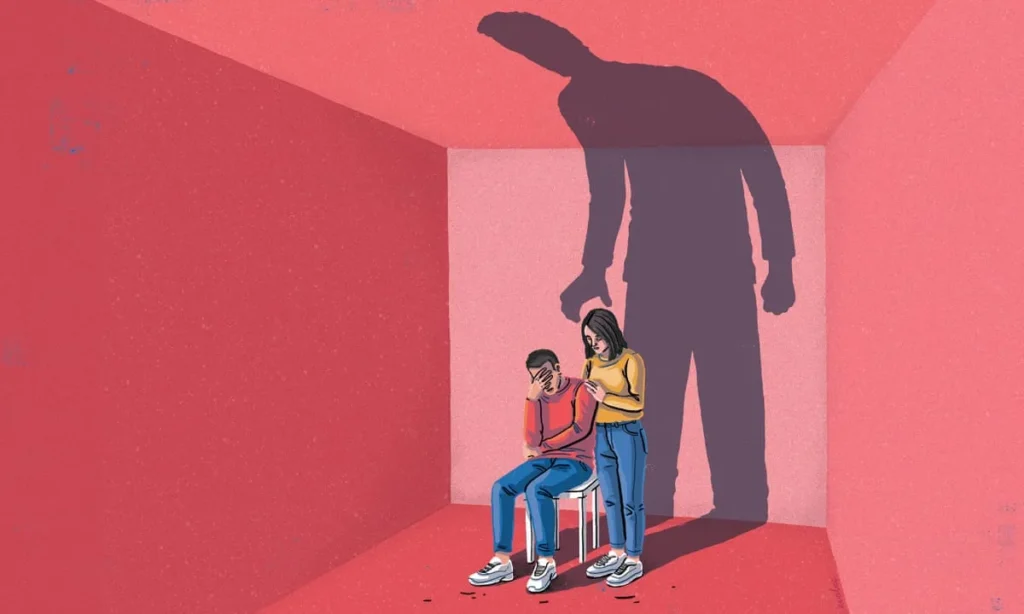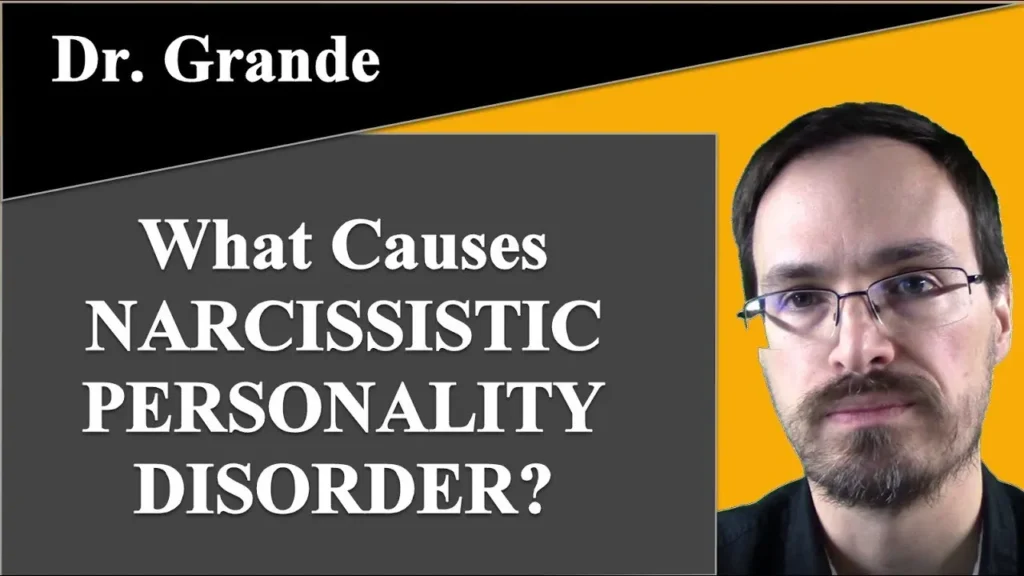Narcissistic Personality Disorder (NPD) is a complex mental health condition where individuals exhibit patterns of grandiosity, a strong need for admiration, and a lack of empathy. It’s not just about being self-centered—people with NPD often have deep insecurities masked by a facade of confidence and superiority.
According to the DSM-5 (Diagnostic and Statistical Manual of Mental Disorders), a person must meet at least five out of nine criteria to be clinically diagnosed with NPD. These include traits like:
- Believing they’re unique or better than others
- Requiring constant praise
- Exploiting others for personal gain
- Being unable to empathize with others
Real-Life Insight:
A corporate executive was known for demanding perfection from employees but couldn’t handle criticism. While appearing confident, he would lash out or sulk when things didn’t go his way. Therapy later revealed deep-rooted narcissistic traits dating back to childhood trauma.
How Is NPD Different from Being Selfish or Arrogant?
Many people exhibit narcissistic behaviors occasionally—especially under stress or in competitive environments. But NPD is persistent, inflexible, and interferes with daily life and relationships.
| Typical Selfishness | Narcissistic Personality Disorder |
|---|---|
| Apologizes when wrong | Rarely admits fault or apologizes |
| Seeks praise occasionally | Needs constant admiration |
| Shows empathy when reminded | Lacks genuine empathy |
| Can take responsibility | Blames others for all failures |
People with NPD often don’t recognize their behavior as problematic, making self-awareness and help-seeking rare without external pressure.
Types of Narcissistic Personality Disorder
1. Grandiose (Overt) NPD
- Exhibits arrogance, attention-seeking, and overconfidence.
- May come off as charming at first but often devalues others.
2. Vulnerable (Covert) NPD
- Appears shy or insecure.
- Uses passive-aggressive behavior or victimhood to manipulate.
- Struggles with chronic envy or sensitivity to criticism.

3. Malignant Narcissism
- More aggressive and destructive.
- May include antisocial traits, paranoia, or sadism.
- Often overlaps with sociopathy and requires urgent intervention.
Example:
A woman noticed her boyfriend alternated between showering her with praise and ignoring her for days. He’d claim she “didn’t appreciate him” and guilt-trip her. Later, he was diagnosed with vulnerable NPD after years of unstable relationships.
Causes of NPD: Where Does It Come From?
There’s no single cause, but researchers believe a mix of genetics, environment, and early life experiences play a major role.
Key contributing factors:
- Overpraising or over-criticism in childhood
Children raised with excessive admiration or harsh neglect may develop distorted self-perception. - Emotional abuse or trauma
Early emotional wounds may lead to unhealthy defense mechanisms like grandiosity or control. - Cultural and social influences
Cultures that prioritize success, appearance, or competition may encourage narcissistic traits.

Signs and Symptoms: What to Look For
Here are common signs that someone may have NPD:
- Exaggerated sense of self-importance
- Fantasies about power, success, or beauty
- Believes they are special and only understood by high-status people
- Constant need for admiration
- Sense of entitlement
- Exploits others to achieve personal goals
- Lacks empathy
- Often envious of others or believes others are envious of them
- Arrogant or haughty behaviors
How NPD Affects Relationships
Relationships with narcissistic individuals are often one-sided and emotionally exhausting. Whether it’s a romantic partner, parent, friend, or boss, the dynamics often include:
- Love bombing followed by devaluation
- Gaslighting and manipulation
- Blame-shifting to avoid accountability
- Emotional withdrawal when not admired
Example:
A daughter shared: “My mother would constantly compare me to others. If I succeeded, it was because of her. If I failed, I embarrassed her. It took me years to understand the emotional toll of growing up with a narcissistic parent.”
Diagnosis and Treatment: Is Recovery Possible?
Diagnosis
Only a licensed mental health professional can diagnose NPD. It often requires long-term observation, interviews, and assessment of behavior patterns.
Treatment Options
There is no “cure,” but people can improve through:
- Talk therapy (Psychotherapy) – Helps increase self-awareness and develop healthier relationships.
- Cognitive Behavioral Therapy (CBT) – Useful for addressing distorted thinking patterns.
- Group therapy – Helps develop empathy and recognize destructive patterns.
- Medication – May help manage co-occurring conditions like anxiety, depression, or aggression.
Important Note:
Many individuals with NPD don’t seek help voluntarily. They often enter therapy due to a crisis (e.g., job loss or relationship breakdown).
If You’re Dealing with Someone with NPD
You can’t change someone with NPD, but you can protect yourself by:
- Setting clear boundaries: Be assertive and firm, not confrontational.
- Limiting emotional investment: Avoid over-explaining or defending yourself.
- Seeking professional support: Therapy can help you understand and protect your mental health.
- Focusing on self-care: Journaling, hobbies, exercise, and support groups build emotional resilience.
Example:
One man realized his boss was narcissistic after being blamed for a failed project he warned against. Instead of confronting directly, he started documenting communications and shifted teams with HR’s help.
Conclusion
Narcissistic Personality Disorder is complex and challenging, both for those living with it and those around them. But with proper awareness, boundaries, and support, it’s possible to navigate NPD more effectively.
Whether you’re seeking answers for yourself or trying to support a loved one, know that healing is possible, and knowledge is your greatest tool.
Final Thought:
Don’t label—understand. Don’t excuse—protect. Mental health challenges require compassion and clarity.
Frequently Asked Questions (FAQs)
Q: Can a narcissist truly love?
They may feel attachment or desire, but love is often conditional and self-serving unless deep change occurs through therapy.
Q: Is it possible to live with someone who has NPD?
Yes, but only with firm boundaries and support. If abuse is present, it’s often healthier to seek distance or separation.
Q: How common is NPD?
About 1% of the general population is believed to have NPD, though many cases go undiagnosed.
